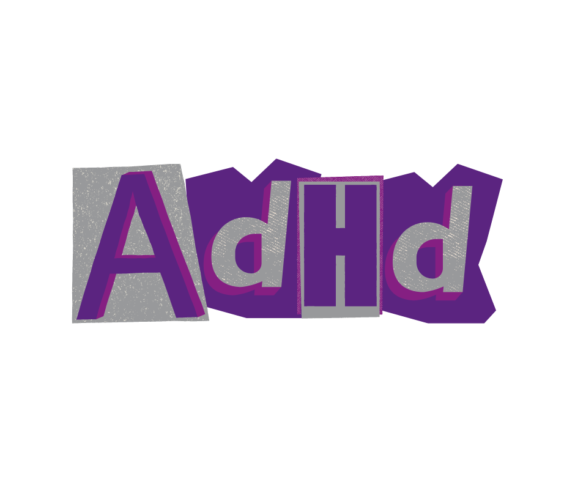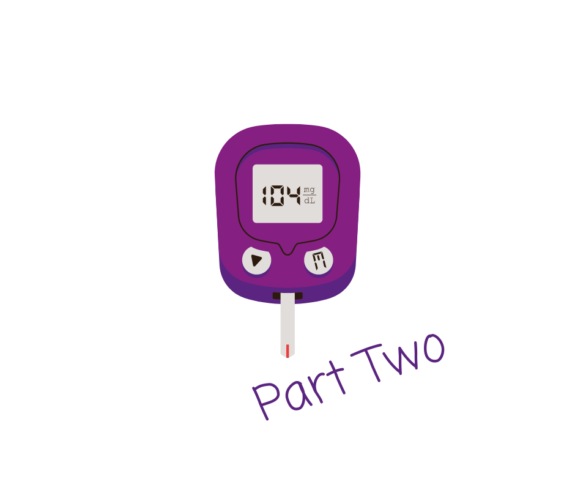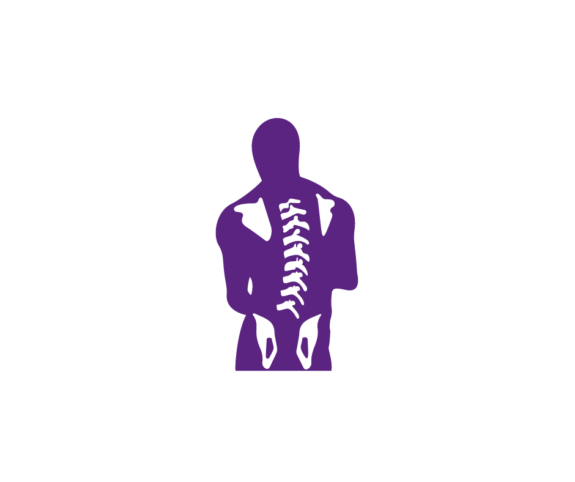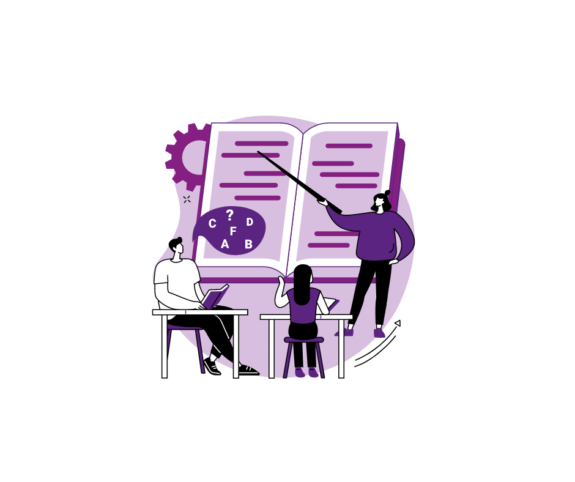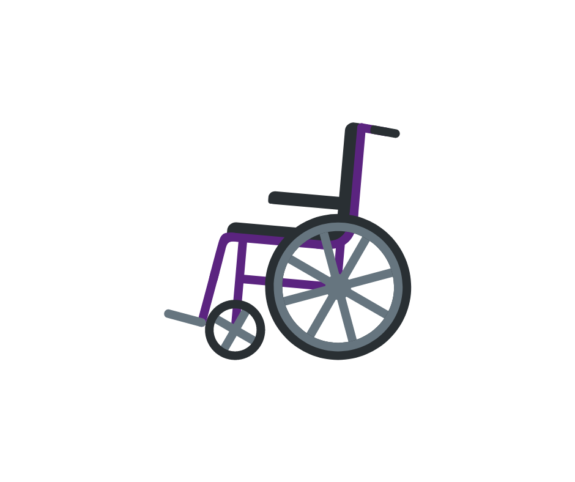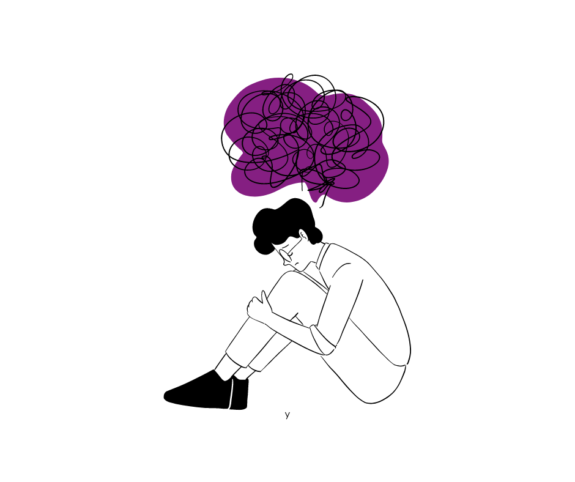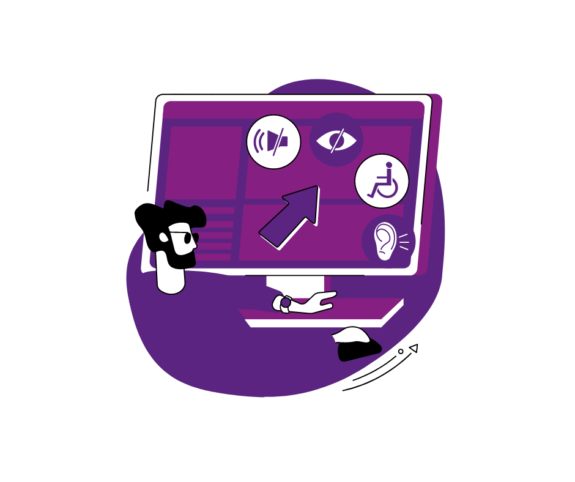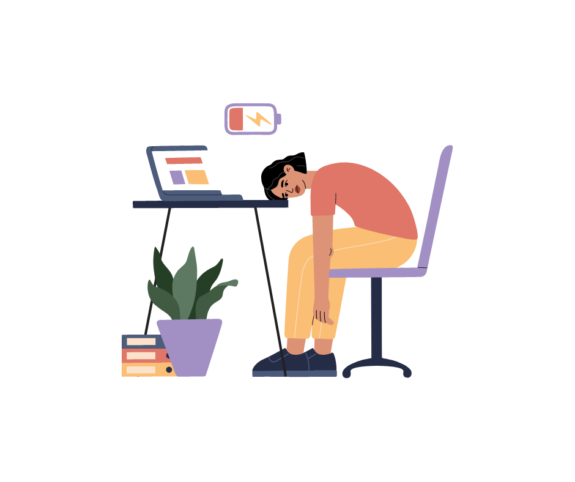When we think of ADHD (Attention Deficit Hyperactivity Disorder) it’s easy to think of the stereotypical view of a hyperactive, out of control child running around causing mayhem and chaos. The actual truth of it is far from that as ADHD is about so much more than simply being hyperactive and can affect adults just as much as children. In fact, more and more adults are being diagnosed, having been misdiagnosed as children or simply not diagnosed at all.
While ADHD has been around for a long time, it wasn’t recognised as such until the 1980s. Formerly known as ADD (Attention Deficit Disorder) it is a condition that didn’t always get the awareness it deserved as children were often labelled as troublemakers, dreamers, slackers or even flighty with their struggle to focus and concentrate, but has definitely had a resurgence in recent years as more and more people are looking for answers.
It is thought to affect between 2-5% of children in the UK and 3-4% of adults although the true figures could be higher due to lack of proper awareness and incorrect diagnoses. ADHD appears to be more prevalent in boys than in girls, however, there are arguments to be made that the symptoms can present differently in girls so clinicians looking for the typical behavioural markers can miss other important signs and symptoms. There is also the suggestion that girls are simply better at masking their symptoms meaning it can be easily missed or mistaken for something else.
As ADHD is an extremely complex condition, we’ll only be giving you an overview in this blog and we’ll leave it up to the experts to go into more depth. If you’d like to really delve into the details and know more about it, then check out the resources at the end!
So, what is ADHD and what are the symptoms?
ADHD (Attention Deficit Hyperactivity Disorder) is a neurobiological disorder that primarily affects people’s behaviour. The symptoms can manifest differently in children and adults, but they all fall under three different categories: inattention, hyperactivity and impulsivity.
Inattention:
– Easily forgetful in daily life.
– Can have difficulty with organisation.
– Has trouble staying focused on activities or tasks.
– Can often appear not to be listening when spoken to directly.
– Will avoid tasks that require a prolonged mental effort such as schoolwork or homework.
– Can often lose or misplace necessary items such as a phone, glasses, pens and pencils etc.
– Can frequently be found daydreaming.
– Can often move from one task to another before completion due to becoming easily bored.
Hyperactivity:
– Constantly fidgeting, tapping their feet or fingers.
– Can be found running around in situations where it’s not really appropriate due to an inability to sit still.
– Often talks excessively.
– Can have difficulty waiting for their turn.
– Can have a tendency to take risks and be found doing a million things at once.
Impulsivity:
– Often have trouble inhibiting behaviours and speech.
– Can speak without thinking, sometimes rudely and inappropriately.
– Can act recklessly and spontaneously with little thought of consequences.
– Can frequently talk over others and interrupt them.
– Can have poor self-control and addictive tendencies.
It’s important to note that although the condition has the word ‘hyperactivity’ in the name, it’s actually not necessary for a diagnosis. Some cases have a predominantly inattentive presentation where others will have a predominantly hyperactive/impulsive presentation and some will have a combined presentation (meaning all three are present). As symptoms can fluctuate over time and with age, this initial diagnosis can also change.
How is it different in adults?
The symptoms can often be different in adults because they’ve learned over the years how to manage and control their behaviours. Children are still learning societal boundaries as well as dealing with these extra issues, but adults have had time to learn how to assimilate these into their lives.
ADHD in adults can show up as being extremely disorganised, forgetful and it can appear at times as though their life is a little chaotic. They are that person who is always late, is always procrastinating and constantly losing or misplacing things. They can have trouble starting and finishing projects and often underestimate the time needed to complete tasks.
The flip side of this is when adults become hyperfocused. A coping mechanism learned to help block out the noise and chaos, it can become so strong that the person becomes so engrossed in what they’re doing that they are able to completely ignore anything else happening around them. It can absolutely be an asset when it’s used in a productive way but can also cause the person to neglect other responsibilities or tasks.
How do you treat ADHD?
There are various treatments for ADHD mostly revolving around different therapies and medication. Treatments work well when used in conjunction with others, for example combining medication with behavioural therapy or CBT and these can always be adjusted. As needs change, the treatment plan can be altered to best suit the person.
Behavioural Therapy:
– Often used for parents or carers it helps them to recognise how to understand their child’s behaviour and implement a strategy for behavioural management.
Cognitive Behavioural Therapy (CBT):
– CBT works by looking at how your thoughts and feelings influence your behaviour. Useful for both children and adults it can help them learn to recognise what precedes certain behaviours and how to alter the reaction to them. It can also help teach them about consequences of their behaviours.
Social Skills Training:
– Mostly useful in children, social skills training shows children how to behave in social situations and how their behaviour can affect others.
Talking Therapies:
– Most talking therapies are useful for people with ADHD, particularly adults who weren’t previously diagnosed as children. Dealing with any new diagnosis can be distressing so having someone to talk it out with can make a big difference.
Medication:
– Stimulants are most often prescribed for ADHD, which may seem like a strange idea, but they actually work extremely well as they can help people with ADHD concentrate better, be less impulsive and generally feel much calmer.
Managing ADHD symptoms doesn’t have to be limited to specific treatments, as experts suggest that things, like getting regular exercise, eating a healthy diet, meditation and mindfulness and getting a healthy amount of sleep, can all be beneficial.
Is ADHD something you can grow out of?
Some can and do, although some simply learn how to manage their symptoms well. It’s estimated that up to 60% of children who have ADHD will continue to deal with the condition as adults.
What do I do if I think I have ADHD?
If all of these symptoms sound a bit familiar then the first thing to do would be to contact your GP. Take note of any concerning behaviours observed and look for patterns; is it happening at specific times or in certain situations? Or is it something that happens all the time? The more information you have before you go in, the more likely you are to get an accurate diagnosis.
Above all, don’t worry. Having a diagnosis of ADHD may mean having problems with concentration and focus but can also encourage other qualities such as creativity, resilience, positivity, resourcefulness and quick thinking.
If you’d like to know more about ADHD then take a look at some of the resources below!
https://adhduk.co.uk/about-adhd/
https://www.helpguide.org/articles/add-adhd/adhd-attention-deficit-disorder-in-adults.htm#
https://www.helpguide.org/articles/add-adhd/treatment-for-adult-adhd-attention-deficit-disorder.htm
https://www.adhdcoaching.org/adhdfacts
https://aadduk.org/symptoms-diagnosis-treatment/
https://www.nhs.uk/conditions/attention-deficit-hyperactivity-disorder-adhd/treatment/
https://www.webmd.com/add-adhd/adhd-adults
https://www.bbc.co.uk/news/uk-england-44956540
https://www.nytimes.com/2021/05/24/style/adhd-online-creators-diagnosis.html
https://www.rcpsych.ac.uk/mental-health/problems-disorders/adhd-in-adults
https://adhdfoundation.org.uk/
https://www.healthline.com/health/adhd/adult-adhd#lack-of-focus
https://www.ncbi.nlm.nih.gov/pmc/articles/PMC3543865/
